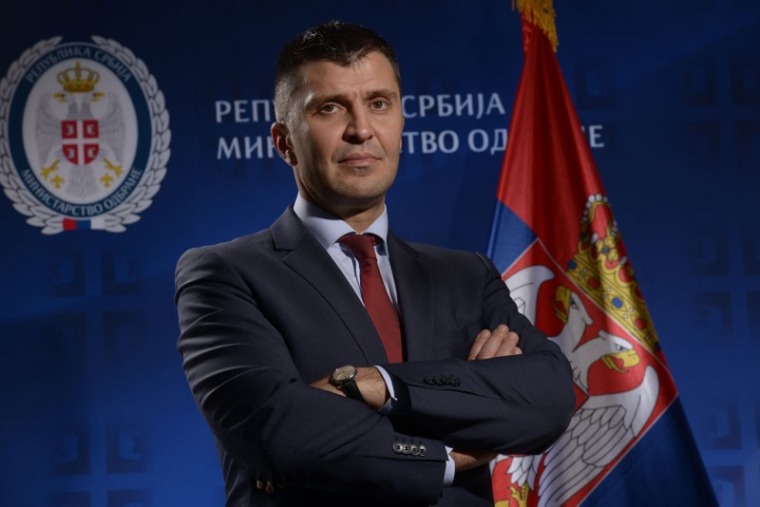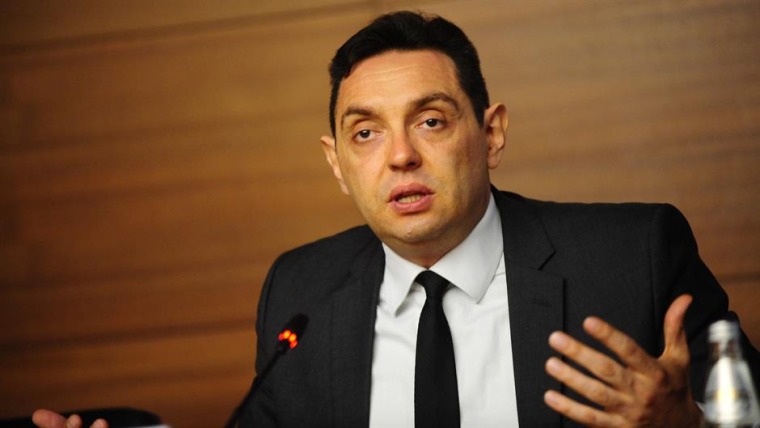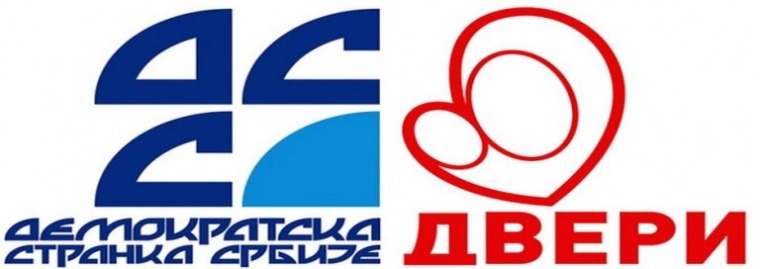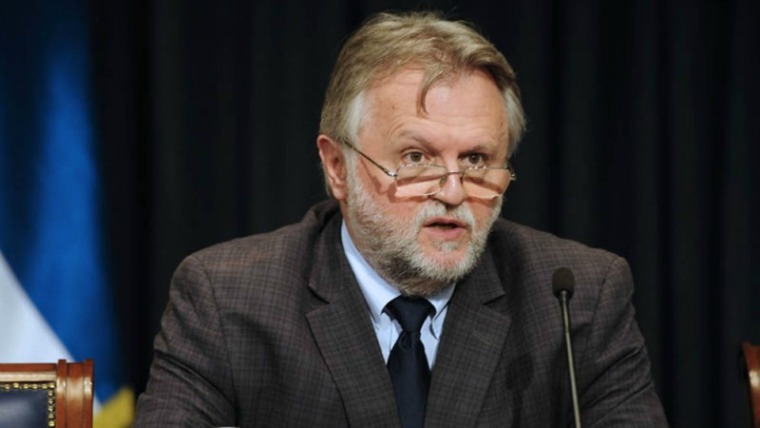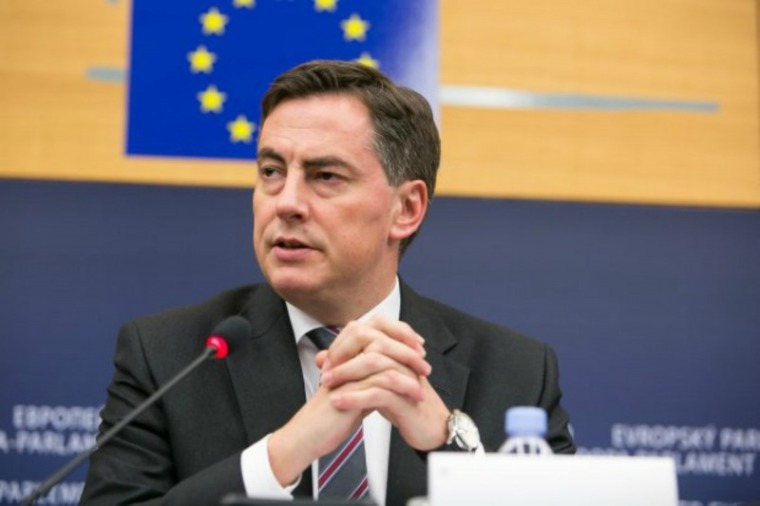
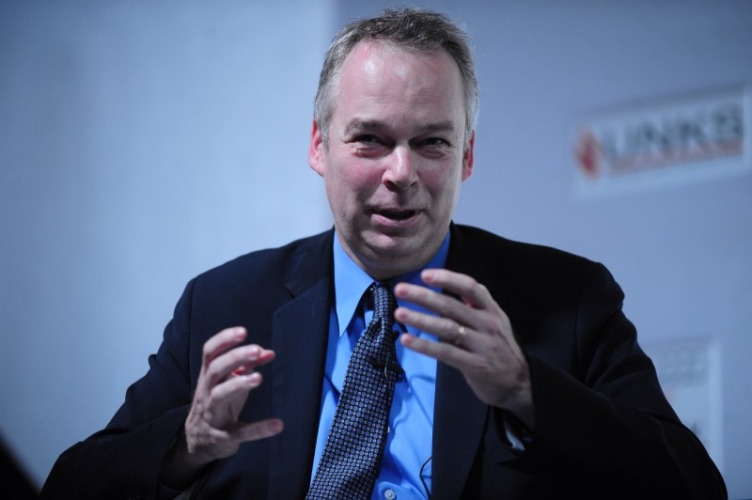
Elections have not slowed down reforms, World Bank Country Manager for Serbia Tony Verheijen said in Belgrade Friday, stating also that that the caretaker government could not make decisions, but was working hard on preparations for reforms so as to have concrete proposals on the table as soon as the new government was formed in Serbia.
The new ministers will then be able to make concrete proposals and decide what should be done first and what later and what it is that they want to do in the first place, Verheijen told reporters after presenting the World Bank’s latest South East Europe Regular Economic Report in Belgrade.
When asked if the Serbian government was being let off the hook when it came to the reforms agreed to be carried out because of the coming elections, Verheijen said that the government had done a lot when it came to technical preparations, creating a good starting point for the new government – better than the one the current government had when it had been set up.
Although the government has no mandate to make decisions, it is working hard in technical terms to improve the situation in the sectors of health, administration, judiciary. They are looking at what needs to be done to improve services and reduce expenditures, Verheijen said, adding that progress had already been made in those areas.
He said that the expenditure cuts were related not only to reducing the number of employees in the public sector, but also to operating and procurement expenses.
Source: Tanjug

